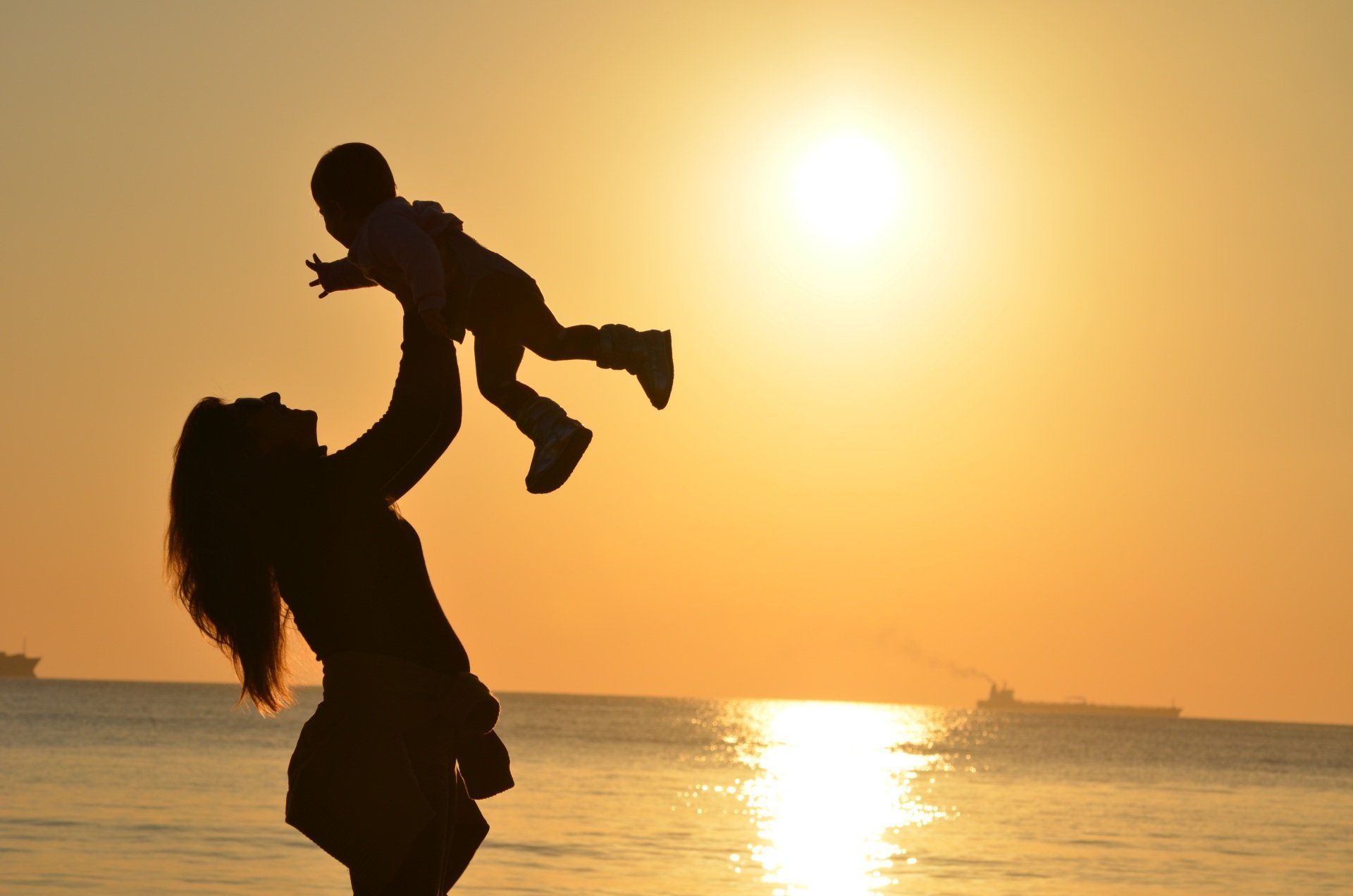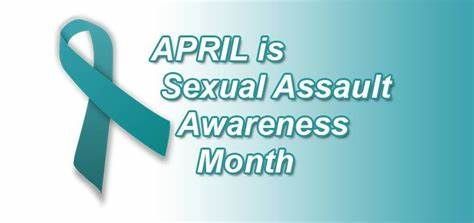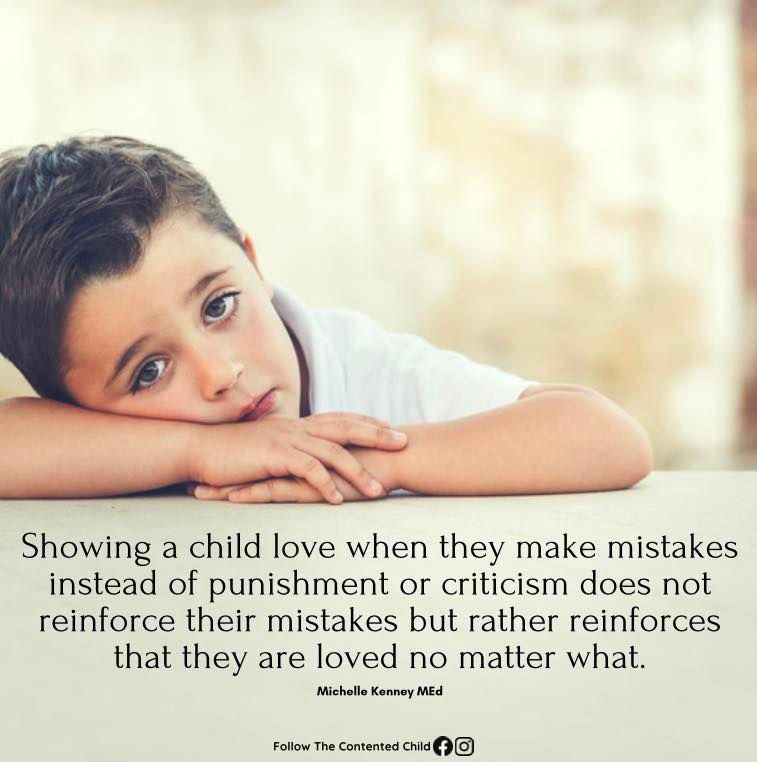Winter Turns into Spring - The Blog



Gentle Parenting

On social media, there are more content than ever on "Gentle Parenting." We hear from older generations talking about the time, when children respected the adults around them. There are complaints children aren't disciplined enough. Gentle parenting, is viewed as a soft method, creating spoiled children. "Spare the rod, spoil the child." is hard to let go of. So what is Gentle Parenting?
There is this myth that strict parenting forges character, makes children strong and resilient. For decades, doctors advised mothers to let their children cry to sleep, to teach them to be independent and to self-sooth. Already, at a very young age, children are seen as capable of regulating their own nervous system, and as capable of attention-seeking and manipulating behaviour. As they grow-up, there are huge expectations on how a child should behave. There are huge expectations on the parents too, to mould their children so they can better be accepted by society's standards.
Parenting experts encouraged "time out" when a little one displays anger or frustration. ( We all remember "Super Nanny"!) There are star charts, and other means to praise what is seen as "good" behaviour and to correct what is seen as" bad" behaviour. In school, for decades, teachers were feared and had total authority. They were allowed to physically disciple children. If one had difficulties following classes, they were singled out and shamed in front of their peers. Children, for a very long time, were seen but not heard. Nothing much as changed.
Separating a young infant from their mothers or letting them cry to sleep, do not teach them to be independent, it teaches them that no one is coming to comfort them and to meet their needs. Physical punishment doesn't teach children to respect their elders, it teaches them to fear the adults around them. Hardships and stress, doesn't make them resilient: it messes up with their brain chemistry, creating pathways for survival, not for thriving and fully living.
Children need physical and emotional safety, comfort, and connection. Their only way to communicate discomfort is by crying. Most of the time, especially in infancy, they don't only cry when they need feeding or burping or changing, they cry because they need to be held, with tender loving care. In the first years of their lives, their brain is very vulnerable as it grows rapidly outside the womb. This is a crucial time for infants who are totally relying on adults around them to meet their emotional needs as well as their physical needs.
There aren't enough emphasises on emotional needs. In truth, the focus remains on, as mentioned above, on controlling, on moulding, on fixing characters. There are more emphasises on education than on their emotional well- being. There is more focus on their achievements and on their grades than on their mental health. We are fortunate, in England, to have education for all: children learn to read , to write and to do simple maths, but when the educational system is about further controlling and moulding youngsters, imposing stress inducing high standards and expectations, it is all having an adverse impact on their health.
What is Gentle Parenting?
Amber Fall, from Not Your Perfect Mom, explains:
"It is about being respectful to kids and treating them like humans. Gentle Parenting isn’t permissive parenting.
There is rule, boundaries, limits.
We need to treat our kids better than other generations did.
You can parent your kid without hitting, yelling, or using authoritarian strategies.
Authoritarian/Permissive parenting it is a flip coin.
It is hard to find a balance and to especially remain neutral when a child is having a meltdown, made a mistake.
Majority of the time the first reaction is to yell or scream or just get really angry.
With Gentle Parenting is about problem solving, focusing on a solution, communication, cop skills and emotional intelligence.
On her website, SO-S Parenting, Sarah Hockwell- Smith, British Childcare expert, writes:" Firstly, this apparent disrespect is actually an indication of immature brain development. It isn’t pre-meditated. It isn’t personal. It’s a young person struggling with big emotions and a lack of impulse control. We are the adult here, we need to meet their outbursts with graciousness and understanding, however triggered we may feel by them. Staying calm and mature doesn’t mean we are permissive, or ‘too soft’. It means we are well-informed, conscious of the underlying cause of the outbursts and the impact our response will have. "Why Fear and Compliance is not the Same as Respect when Disciplining Children"
A research from the National Center of Biotechnology information, in the USA, highlights the relationship between Attachments, the infant's developing brain and their emotional and mental well being, as follow:
"Even before acquiring language, babies learn to communicate through emotions. One may argue that learning emotional regulation and impulse control may determine later success in life more than IQ. There is a rapid growth in social and emotional areas of the brain during the first 18 months of life. The nonverbal parts of the right brain, including the amygdala and the limbic system, receives, processes and interprets stimulus from the environment that produce an emotional response and build emotional and stress regulatory systems of the body. The lower limbic system, outside the cortex, dictates most of our spontaneous, instinctive emotional responses, like fear resulting in a racing heart or weak knees. The upper limbic system part of the cerebral cortex, known as the limbic cortex, controls conscious awareness of emotions and refines the responses according to the environmental culture of the individual. The amygdala is an almond-shaped structure that lies at the junction of the cortex and subcortical areas of the brain and plays a pivotal role in sensing emotions and connects them both to higher and lower limbic structures. During the second half of infancy, emotional information from the lower limbic system moves up and becomes part of the babies' consciousness. Frontal lobe activity increases and myelination of the limbic pathways also begin during this time. With this gain in the limbic system, a caregiver's soothing and consistent response to the child's emotions develops into the child’s attachment to the caregiver, usually the mother. Attachment is regarded as a pivotal event in a person’s emotional development. It lays the foundation of a child’s security, harbors self-esteem, and builds emotional regulation and self-control skills."
There are more and more mothers on Social Media, sharing their daily life, showing the raw and messy reality of what it is like to be a mother in a world that ask perfection from you. They show us there are different and better, gentle ways to raise children, based on meeting their emotional needs and accepting of who their children are.
On Facebook, you can also follow,
- Jane Evans' Parenting Children Beyond Anxiety
- The pages: Trauma Informed Parent and The Contented Child
Gentle parenting starts with self-care and self-compassion. When I worry about my daughter, I listened to Kristin Neff's "Self-compassion for caregivers" meditation. See the video below.
Take gentle care of yourselves.
Sylvie



